The average American household has around 4 credit cards, and the number of cardholders continues to grow. As an increasing number of consumers seek to improve their credit scores, understanding how they work is more important than ever.
While each card provider has its own unique perks and benefits, there are some standard things to look for when comparing different cards. Each one has a different interest rate and monthly fee, as well as different activation or membership fees.
If you’re wondering what credit card should I get, these tips can help you choose the best plastic for your financial situation. Additionally, using a pay day advance app can provide quick financial relief when you’re in a pinch and need funds before your next paycheck. Whether you’re trying to build up your credit or just want a little something to help you get through the month until your next payday, there’s a perfect option waiting for you.
Types of Credit Card: Choose The Best For You
You might think a credit card is just a piece of plastic, but they’re so much more than that. Today’s top plastics are packed with perks and digital wallet features that make them almost indispensable for many consumers.
If you’re looking to apply for your first credit card or upgrade your current model, the selection of options on the market today is almost mind-boggling. Cards can be used for reward programs, travel, balance transfers, and so much more. Each type comes with its own pros and cons, and here we explain what you should know about before making a final decision.
Secured Credit Cards
Secured cards require you to put down a security deposit in order to be approved. This deposit can be as low as $50, but it must be at least equal to one month’s worth of your outstanding balance. As long as you can demonstrate that you can afford to pay the bill in full each month, you will be able to get one.
They are usually issued by banks, but can also be issued by credit unions or finance companies. They work like regular credit cards, except you are required to put down an initial deposit. After that, you are able to spend as much as your available balance.
The main benefit of secured cards is that they can help you establish a good credit score early on in life. This means that if you ever decide to apply for an unsecured loan later on, your score may be higher than it would have been otherwise.
Rewards Credit Cards
Rewards credit cards offer a variety of benefits and rewards for making purchases with them. These benefits and rewards can include cash back, frequent flier miles, or other types of rewards. They typically have higher fees than regular credit cards, so they are only recommended if you plan to use your credit regularly.
You can also use them for free or discounted flights, hotels, and other services by signing up for cards that offer rewards for dining out or shopping. There are two main types of reward products – cash back and travel rewards.
- Cash back plastics give you a percentage of your purchases back in the form of cash. There’s no credit limit to the amount you can earn with a cash back card, but it’s usually only available on specific categories of purchases (like gas or groceries)
- Travel reward plastics come with bonus points that can be redeemed for free flights and other valuable rewards. The amount you receive as a reward is determined by how much you spend each month.
Use a rewards credit card to build good credit and pay it off in full each month. This will help you get a low-interest rate on future purchases. Rates vary between different options and usually have an annual fee (around $50 – $500+) and some fees for account maintenance.
Low-interest Credit Cards
A low-interest credit card offers a very low-interest rate on your balance. A low-interest rate means that you don’t have to pay much in interest charges if you carry a balance on your low-interest credit card. There are two main types of low-interest plastics – revolving and fixed-rate:
- With a revolving one, you can use the money in your account to build up a balance and then pay off the balance in full each month.
- With a fixed-rate option, the interest rate stays the same for the entire term of the loan. So, if you’re only able to make minimum monthly payments throughout the term of your loan, you will end up paying more in interest charges than if you had paid more in monthly payments over time.
They’re typically available from banks, credit unions, and other financial institutions. The main advantage of low-interest credit cards is that they can help people build or rebuild their credit scores. The main disadvantage is that they usually have high fees and may not be suitable for everyone.
Before signing up for a low-interest credit card, make sure you can afford to pay it back in full each month. Their use is also limited since they typically only allow you to purchase items with a small amount of money. So if you want to use them to buy a car or home, you may need to look at other options such as personal loans or home equity loans.

Travel Credit Cards
A travel credit card can be used to make purchases in foreign countries. They normally offer average interest rates and can be useful for travel expenses such as flights, hotels, and car rentals. Additionally, since they’re usually not tied to your bank account, they are a good way to maintain a low balance and avoid fees associated with other plastics.
There are two types of travel credit plastics – cash back and points:
- Cash back offers you a certain amount of cash back when you make purchases (average 1% and more) and you can use that cash back to pay off your balance or put it towards future trips.
- Points, on the other hand, offer you a certain number of rewards points when you make purchases (average 1 point per dollar). You can redeem those points for rewards such as vouchers or statement credits.
All travel credit cards come with some sort of risk, but there are ways to mitigate them. For example, before taking out a new credit card, consider how much money you currently have available in your bank account. And also think about what other financial commitments you’re making at the same time as applying.
Also, contact your lender before leaving on an extended trip to avoid foreign transaction fees, and ask about additional travel insurance coverage that may be available through their program.
Cashback credit cards
As a reward, a cashback credit card offers you a percentage of your spending back. This means that every time you use your card, you’ll earn some sort of benefit.
These benefits can range from a small amount up to full reward points (usually around 1% – 3% of your total spend). These rewards can then be redeemed for cash or used to reduce your interest rate.
- Those that give you cash back in the form of a percentage of your purchase and not a fixed amount are known as ‘percentage cashback’ credit cards. These typically offer 2-5% back (or more) on certain categories of spending.
- Those that give you a set amount of cash back per purchase are known as ‘fixed-value cashback’ cards. Thesenormally offer 1% – 5% back (or more).
They also let you choose how to receive your cash back – often in the form-factor of your choice. Some let you get extra rewards points by using the card at certain merchants; others give you cash right away, so you can use it immediately.
They are great for people who want to build credit and get access to better rates in the future. In order to qualify for one users must have good credit scores and be able to make regular, consistent payments.
Student Credit Cards
Student credit cards are just like any other type of plastic, but with a few exceptions. They are designed for college students and young adults who have some form of student loan. They can be used to make purchases, pay off debt, and save money.
The main purpose of issuing a student credit card is to give students access to more affordable credit and the flexibility to use their money however they see fit while they are in school.
A student credit card may also be used as a backup line of credit in case of an emergency. There are two basic types of student credit cards – standard and platinum:
- Standard cards have no additional perks or benefits besides being issued to students.
- Platinum cards come with a number of added benefits, including discounts on airline tickets, cash back rewards, and free worldwide ATM withdrawals.
In other words, even if you don’t qualify for a traditional student credit card, you can still find one that fits your needs and budget. Just make sure it has enough perks to make it worth your while.
You can also use them as a way to build your emergency fund. In case you ever lose your job, no one will be able to take your card away if you can still repay what you owe. By using one responsibly, you can minimize the damage that a bad financial situation could cause.
Business Credit Cards
A business credit card is rather for a business use than individual. This type of product is usually issued by a bank or financial institution and has a variety of benefits. They are typically more flexible and tailored to help a business get access to credit and grow its bottom line.
They can be used for many things, including making purchases, paying employees, and paying suppliers. Businesses can also benefit from them in other ways.
For example, they can be used to get better rates on loans or refinance their existing debt. Businesses can also use them to build their brand and grow their customer base. Their low transaction fees also make them a great addition to travel.
There are many different types of business cards, including installment payment plans, cash back plans, and balance transfer deals. These are good tools to use when you need to make purchases for your business’s day-to-day operations (for example, inventory), but they’re not necessarily ideal if you need to make large purchases (such as equipment).
They can be useful if you’re simply looking to build your business credit history, though.

Credit Card Should Meet Your Requirements
Wondering what credit card should I get? Before applying for a plastic, think about how well it will meet your needs and what kind of credit score you will need to qualify. If you have bad credit, look for a rewards product that offers an introductory zero percent APR period for balance transfers or purchases.
If you have good credit, consider a prepaid card that earns interest-free rewards points to offset the cost of fees associated with using it. You can also compare the features offered by each issuer. Consider the following aspects before making a decision.
- Regular APR: To get the best deal, look for one that has a low-interest rate and a long-term commitment, such as 30 months. Some offer 0% interest for six months or more. Make sure you carefully read the fine print before signing on the dotted line. Those with a lower credit score will usually get the highest APR rates.
- Annual Fee: Annual fee credit cards offer higher interest rates than their no-fee counterparts, so it’s important to make sure the rewards outweigh the cost of the annual fee. For example, a plastic that gives you a 5% bonus on all purchases might be more valuable than one that offers 8% cash back credit on certain categories.
- Minimum Deposit: All banks have different minimum deposit requirements. Some banks may require as little as $1 to open a new account, while others may require $500 or more. So, it’s important to understand the difference between what you are willing to put down versus what your bank requires you to start an account.
How to Apply for a Credit Card
Most major banks and financial institutions will accept applications online, over the phone, or in person at a local branch. However, there are a few things to keep in mind before you begin. First, make sure you know your credit score and what it means. You can check your credit score for free on AnnualCreditReport by answering a few questions about your finances.
After that, there are a few things that you need to do before you apply for a credit card.
- First, you will need to open an account with the credit provider
- Next, you need to complete an application form
- Finally, you need to provide proof of your identity and address.
When you are done with this process, you will be able to start using the card. Make sure that you use it responsibly and pay your bills on time. This will help you build a good credit history that will allow you to get better deals in the future when it comes time for a new loan.
How to Get The Most From Your Credit Card
Credit cards can be a great way to build or rebuild your credit history, but they need to be used responsibly. Your credit history has to be kept clean, since rebuilding it will be time-consuming, costly, and difficult. Follow these tips to maintain a healthy spending habit:
- Don’t Take Too Much Credit: You may be tempted to apply for a card that offers a high-limit of credit. However, try to keep your credit limit small. Applying for too much credit can damage your FICO score. Your score can be affected by just one application. You could be deemed a riskier borrower if you apply for multiple cards within a short period of time.
- Carefully Study the Terms of the Credit Deal: The terms can vary significantly between different issuers. For example, one lender might have an annual fee while another has an introductory $0 annual fee for 6 months only.
You should also be aware of whether the APR is fixed to avoid potential future fees, and if there are any restrictions on how you use it. Contact your lender for a complete outline of their terms. - Think Twice Before Taking a Loan: If you’re struggling to pay off your debt, it can be tempting to take out a loan to try and make ends meet. However, doing so could end up costing you more in the long run. Not only that but taking out a loan could also cause you to fall behind on your payments and make it even harder for you to get out of debt.
So, before taking out a loan, make sure that you’re ready to pay it back in full and on time each month. - Pay on Time: If you’re able to pay off your balance in full each month, this will help your credit score and also reduce the risk of debt collection agencies calling or visiting you. One missed payment could result in the entire balance being immediately turned over to a debt collector.
It’s important to keep an eye on your spending and pay off any balances as soon as possible. By doing so, you’ll build up a good history with the credit reporting agencies and improve your credit score over time.


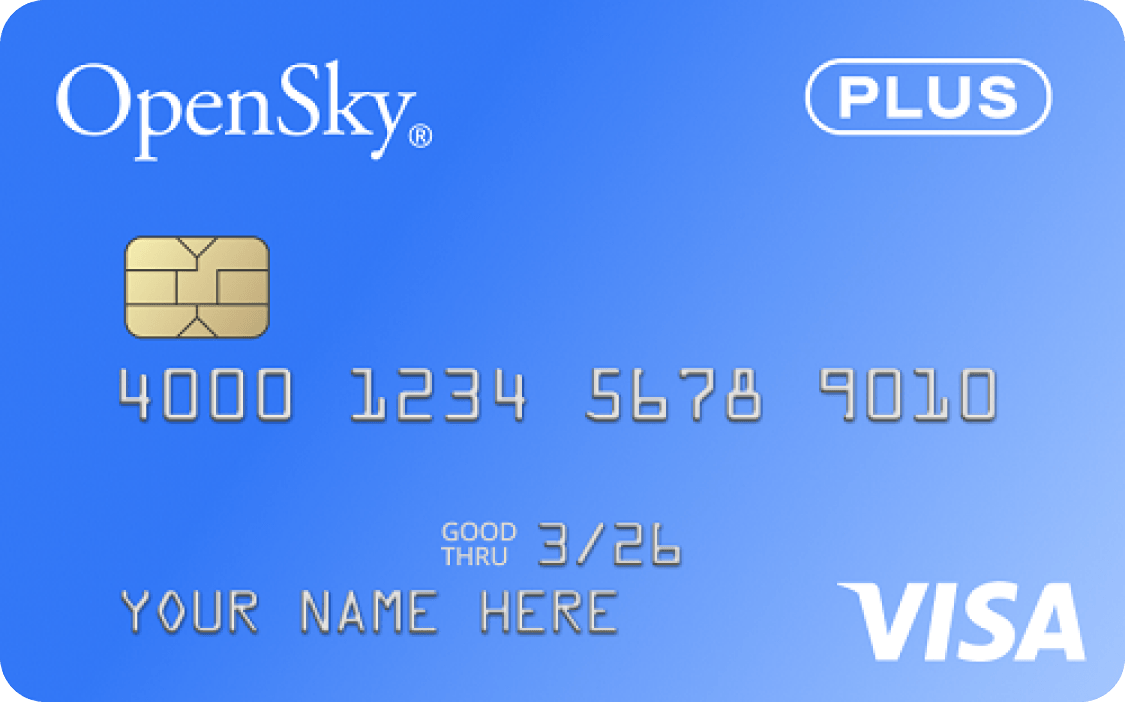
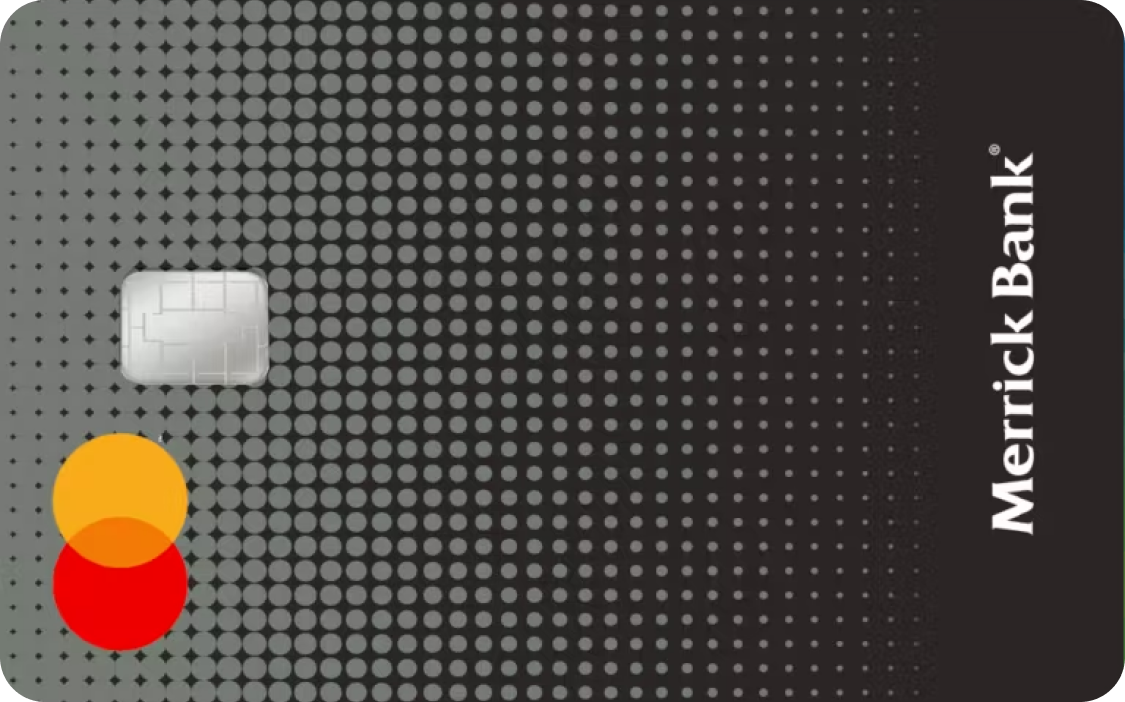
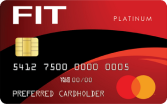
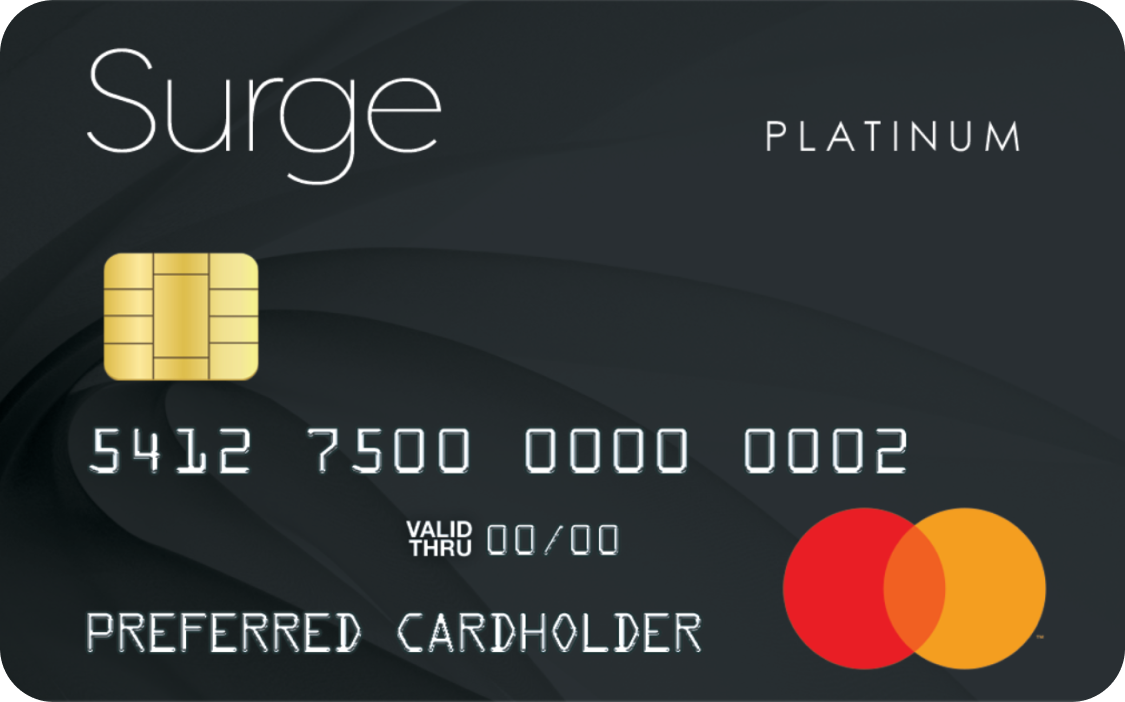
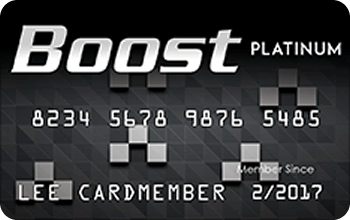
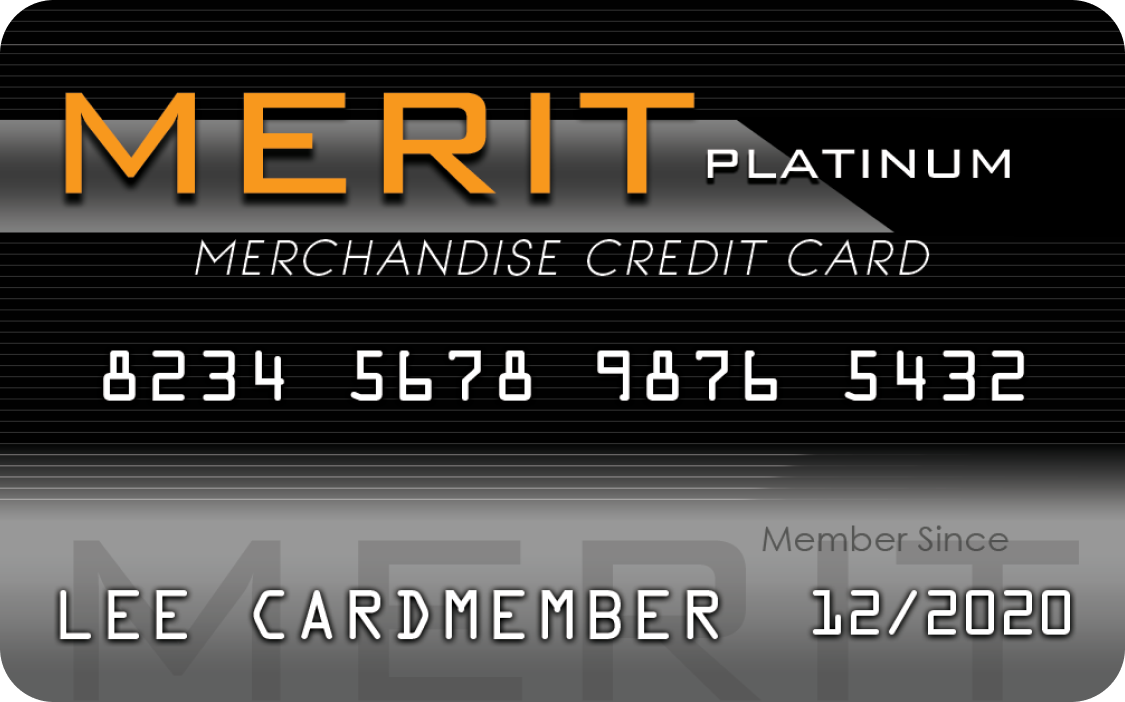
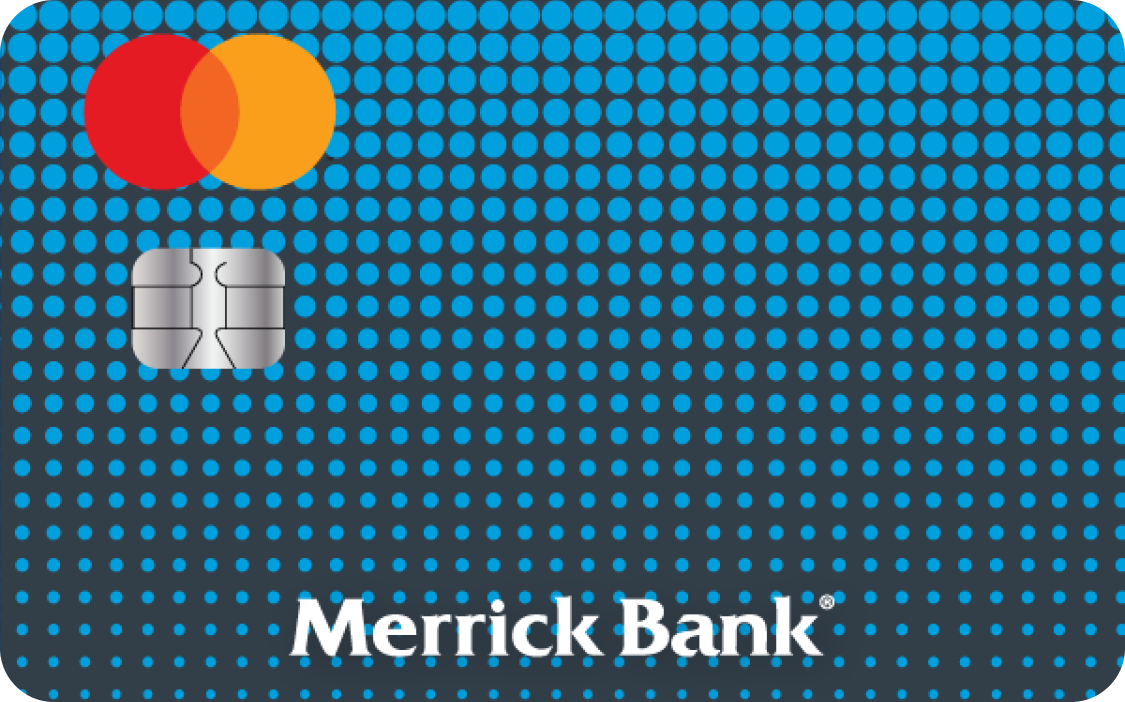
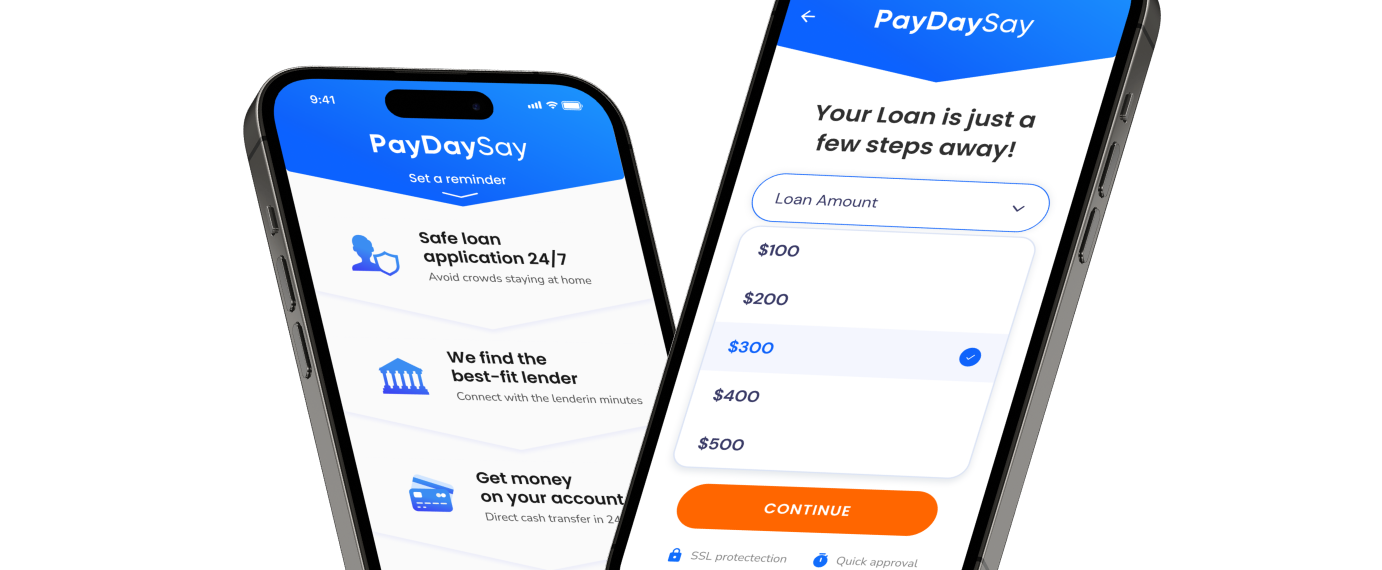










 on your homescreen
on your homescreen